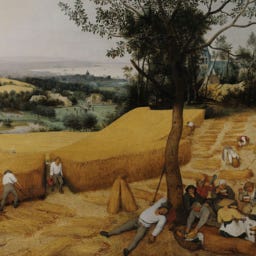
Saved by Alex Wittenberg and
Thresholds of Artificiality

Saved by Alex Wittenberg and
But is there not some truth to claim that reality pales in comparison to the digitally mediated worlds on offer? My most straightforward answer is, of course, no. But viewed from a certain angle, perhaps. As an example, consider the case of someone who has only lived where light pollution obscures all but a few of the brightest stars. Under these c
... See more
Alex Wittenberg and added
Alex Wittenberg added
Alex Wittenberg added

Alex Wittenberg and added
